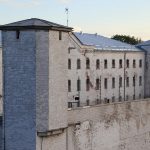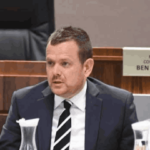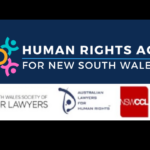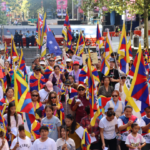West Papuans Establish Political Infrastructure to Counter Indonesian Rule
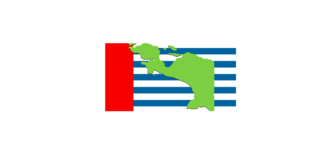
The West Papuan provisional government has just announced that it has covertly established a cabinet and government departments, along with having appointed ministers, inside Indonesian occupied West Papua to directly challenge Jakarta’s rule.
West Papua interim president Benny Wenda announced the formation of the cabinet on 1 May, which was the 58th anniversary of Indonesian’s colonisation of the nation of West Papua, which Jakarta split into two provinces – West Papua and Papua – in 2003.
Twelve government departments have been formed ranging from foreign affairs, home affairs and defence to environment, justice and women’s affairs. Significantly, the environment portfolio includes a green state policy.
“Due to the intense political repression of the Indonesian regime, the names of the cabinet ministers are not being released,” a West Papuan provisional government statement reads.
“The departments are working underground in West Papua to undermine Indonesian rule from the inside.”
Currently living in exile in the UK, Wenda said last Saturday that his government “will prioritise our natural environment and defend the rights of all living beings”. And while Jakarta “brings terrorism, deforestation and murder”, the West Papuan government “will bring the world’s first green state”.
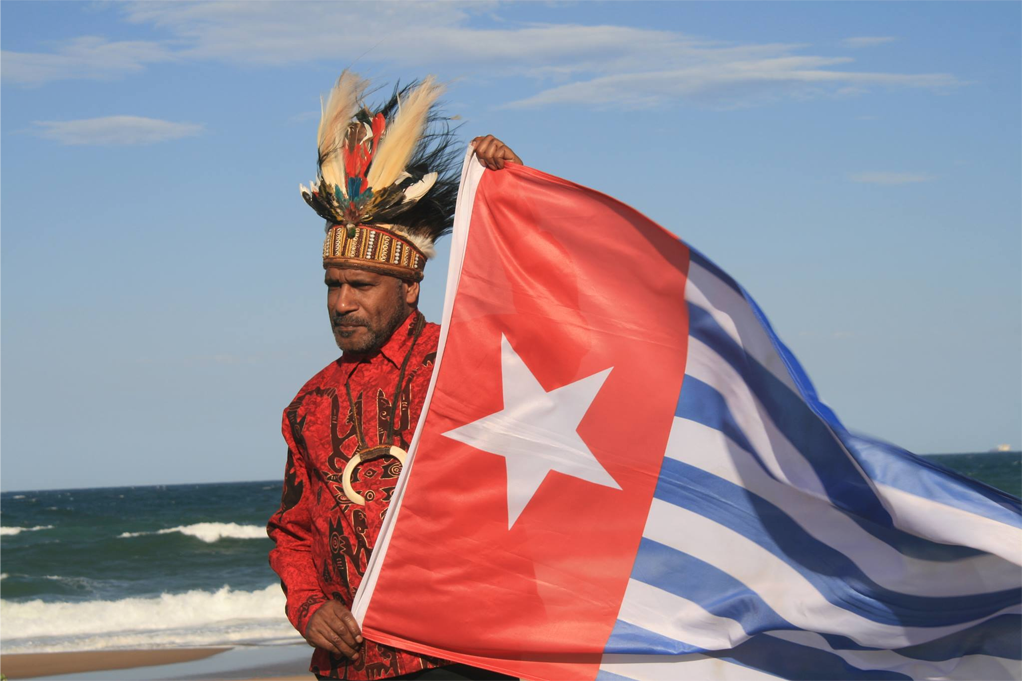
Towards independence
“The cabinet and departments establish us as legally and politically capable of peace negotiations with Jakarta under the auspices of the United Nations,” said West Papuan provisional government Australian spokesperson Jacob Rumbiak.
“It demonstrates that we are ready for independence, that is, able to protect our people and our environment, including Indonesian civilians who choose to stay,” he told Sydney Criminal Lawyers.
Now living in exile in Australia, Dr Rumbiak explained that the United Liberation Movement for West Papua (ULMWP) brought together different factions of the independence movement in 2014. And it was through this organisation that the provisional government was formed on 1 December last year.
The ministers and government staff now established on the ground in West Papua will commence setting up its own infrastructure, Dr Rumbiak said. And this will include networks of food production and distribution, along with an education system.
“This demonstrates that West Papuans are ready for independence and able to run our own green state,” the former political prisoner of 10 years added. “And it points to our capacity to run a successful country – not a failed state.”
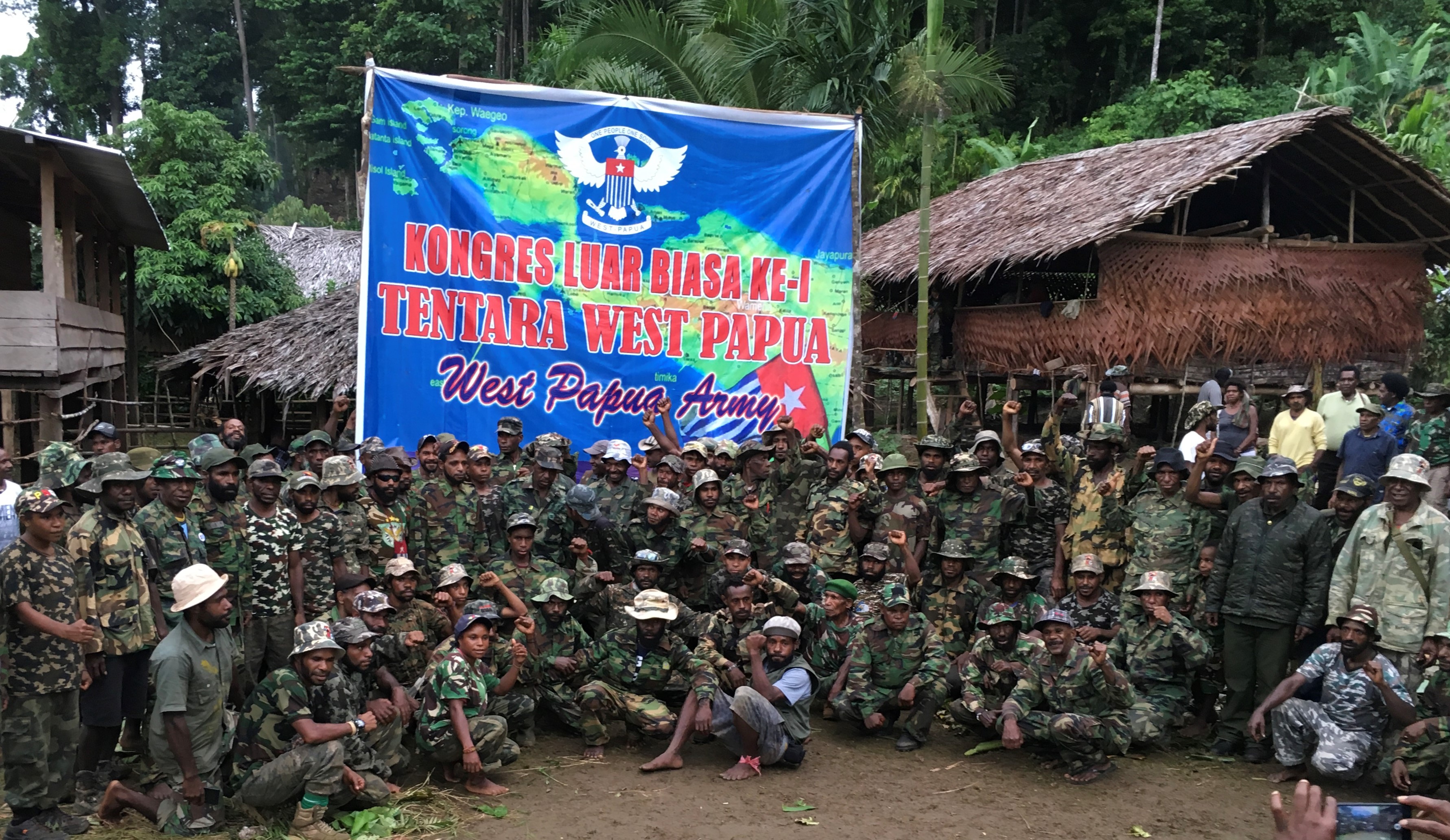
Freedom fighters
The cabinet announcement comes just days after Indonesian president Joko “Jokowi” Widodo ordered yet another crackdown on the Melanesian nation his country occupies.
This followed the 25 April killing of Jakarta’s head of intelligence operations in the region by West Papua Army troops.
Three main West Papuan military factions signed the Vanimo Border Declaration on 1 May 2019, which marked the formation of the West Papua Army, under ULMWP political leadership, which has now been transferred to provisional government oversight.
“There’s no place for armed criminal groups in the land of Papua and the entire nation,” Jokowi said on 25 April. While military intelligence spokesperson Wawan Hari Purwanto referred to the West Papua Army troops as terrorists and separatists.
“We do not accept any of the labels Indonesia ascribes to us,” Dr Rumbiak made clear, and he went on to list a number of terms Jakarta has labelled West Papuan freedoms fighters over the decades since they first started operating in 1964. Jokowi’s “terrorists” is simply the latest characterisation.
“All of us, including our West Papua Army, are freedom-resistance fighters, and have declared we are protecting and defending our homeland – that is our people and our environment – including Indonesian civilians who choose to stay with us.”
The Act of NO Choice
As former colonial rulers the Netherlands were pulling out of West Papua, the 1962 New York Agreement provided that the United Nations would temporarily administer the region until it was handed over to Indonesia on 1 May 1963.
Under the terms of the agreement, Jakarta was required to hold a referendum to allow the West Papuan people to decide on whether to continue with foreign rule or to become an autonomous state.
The 1969 UN-brokered Act of Free Choice saw Indonesia handpick 1,026 West Papuans to vote on behalf of the entire Indigenous population. And under the threat of violence, those chosen all voted to stay with the rule of their oppressors.
Over the last 58 years, over half a million West Papuans have been killed by Indonesian forces. And since Jokowi’s last crackdown in December 2018, over 50,000 civilians have been displaced. While foreign journalists are barred from entering the region and internet access is often cut off to locals.
The Indonesian government has also been running a transmigration program into the occupied territory since the early 1970s. Back then, West Papuans accounted for 96 percent of the population of their homelands, whereas now they account for less than 50 percent.
A matter of time
“Today we mark another milestone in the long struggle to rectify this historic injustice and restore my people to their rightful place in the community of nations,” Wenda said in his 1 May statement.
The interim president presented the West Papuan People’s Petition to the UN Human Rights high commissioner in January 2019. Calling for a new self-determination vote, the petition was signed by 1.8 million West Papuans, which accounted for around 70 percent of the Indigenous population.
Widespread and prolonged demonstrations erupted across the region in West Papua in August 2019. The uprising continued right up until the UN General Assembly met in late September that year, as protesters called for the UN Human Rights Council to visit the region.
Rumbiak said he hopes that following the establishment of the West Papua cabinet, nations around the world will recognise their right to self-determination, along with the fact that an independent West Papuan green state would become a beacon for the international environmental movement.
“We have the right to defend our homeland, as the UN transferred us to Indonesia in 1962 without consulting West Papuans, and in contradiction to international law, UN principles, and the preamble of the Indonesian Constitution,” he concluded.


